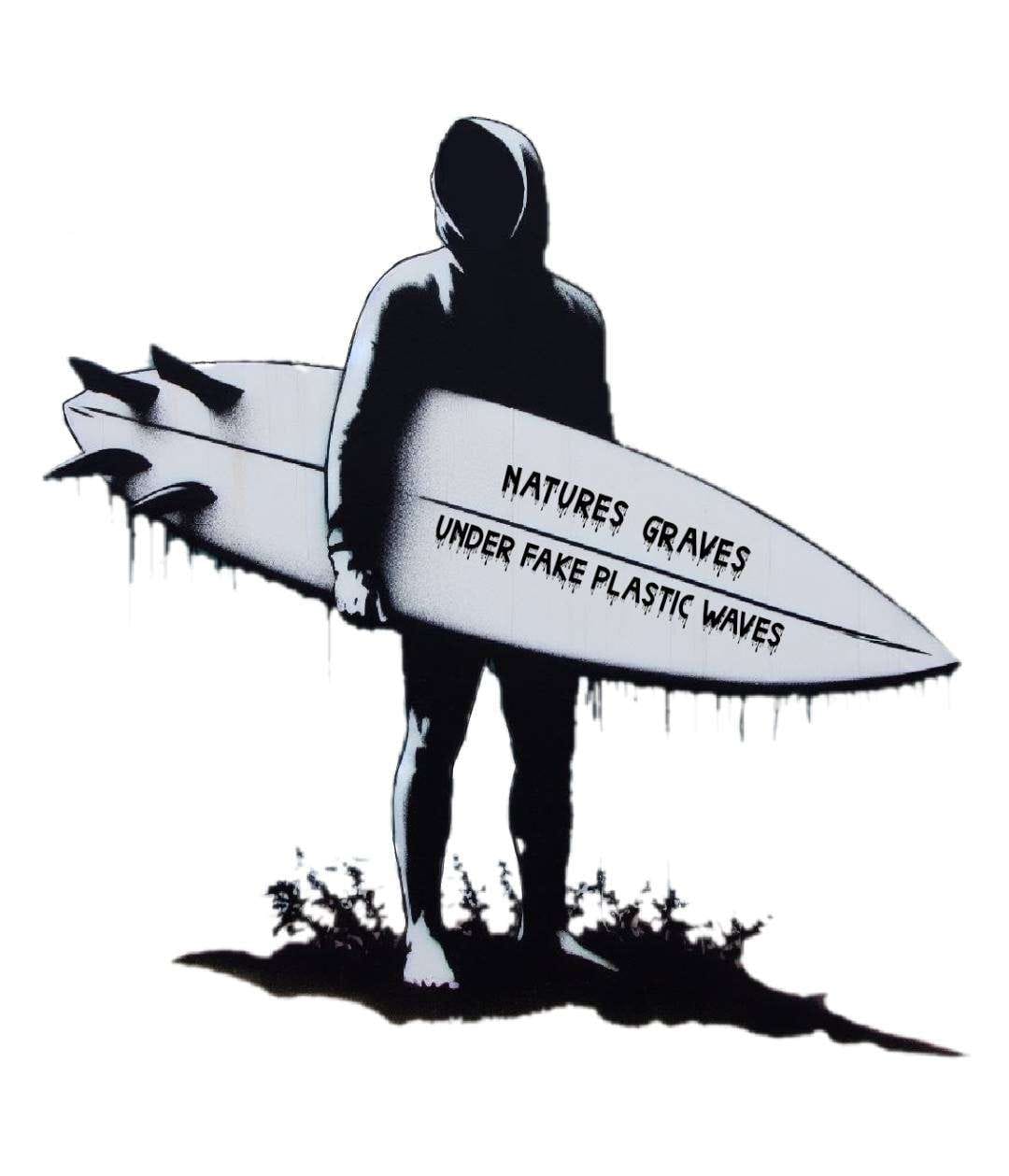Surf park projects often face opposition from citizens. How strong is this opposition and how is it distributed globally? Why do activists oppose these projects? How can you help them? Here are some answers.

Figure 1:
Opposition to the construction
of a Wavegarden surf park near Barcelona in 2018.

Figure 2:
Opposition to the construction
of a Wavegarden surf park in Perth, Australia, in 2024.
Opposition Movements Against Surf Parks We have identified 137 dynamic wave pool projects worldwide. Of these, 29 projects were abandoned before construction, 81 are at various stages of development (pending projects or more advanced ones, a few under construction), and 27 have been put into service, with four already abandoned (Seagaia Ocean Dome in Japan, Adventure Parc Snowdonia in Wales, NLand in Texas, and Big Surf in Arizona).
We found evidence of 43 opposition movements against surf park projects, of which 29 had well-organized opposition. Of these 43 cases, 19 resulted in the project’s abandonment, 23 are still ongoing, and only one (in Garopaba, Brazil) could not prevent the construction of the wave pool but continues in court. The geographical distribution of these 43 opposition movements is as follows: 23 in Europe (including seven in France), 10 in America (North and South), and nine in Oceania (Australia, New Zealand, and Hawai’i). Thus, except in Asia, where our information may be insufficient, opposition against surf parks is widespread (Figure 3).

Figure 3: Distribution of the 29 wave pool projects for which we identified major opposition.
Reasons for Opposing Wave Pools They can be environmental (overuse of resources, pollution, and damage to biodiversity), social (nuisances for residents, appropriation of cultural practices, reinforcement of social inequalities), and democratic (lack of consultation or transparency, bribery, ignoring rights of indigenous peoples). Here are some particularly emblematic cases:
- In Brazil, a gated community including a wave pool was built without environmental impact study. Water needs were greatly underestimated and promoters are now facing legal action by the federal government of Brazil. The indigenous population, heavily affected by the COVID-19 pandemic, sees a wealthy class moving into luxury residences, polluting the environment, and disrupting its traditional way of life.
- A huge surf pool project in Hawai’i faces strong criticism as the island is in a severe water crisis. The lack of transparency regarding water consumption and the high risks of aquifer contamination from wastewater and discharges, as well as the desecration of graves on the site and the exploitation of a cultural practice for profit, particularly shock the island’s residents.
- The wave pool projects in the Californian desert have also outraged the population given the disastrous state of water resources in the American West.
- In Australia, a wave pool project would destroy the woodland habitat of an endangered parrot species in a region where the depletion of water resources now requires the use of energy-intensive seawater desalination plants.
- In Catalonia, a wave pool project is still ongoing despite a historic drought with severe consequences.
- In France, a building permit was signed for a surf park project near Bordeaux without an impact study or public inquiry. A recent study revealed water needs 10 to 12 times higher than what the promoters had announced.
- In England, a giant surf park project linked to a luxury hotel complex is planned in an area set aside for nature protection.
- In Germany, a project plans to transform a public green space into a privatised zone for surfing activities.
- Worldwide, strong opposition has led to the abandonment of surf park projects, notably due to investor withdrawal.
The growing resistance to these wave pool projects is not due to a “biased perception” by the public, as argued by industry players, but to real concerns about the relevance, frugality, and sustainability of these facilities at a time of rapid environmental changes and increasing water scarcity. The conflicts over the use of a vital and strained resource will force priority choices.
How to Help By helping us complete the list of opposition movements against surf parks and by signing the petitions below:
- Surfpark Canéjan (France)
- Surfpark Krefeld (Germany)
- The Seahive (Kent, England)
- Pinewood Surf Club (Tennessee)
- Honokea West (Hawaii)
- Surfland Brasil (Garopaba, Brazil)
- Perth Surf Park (Australia
